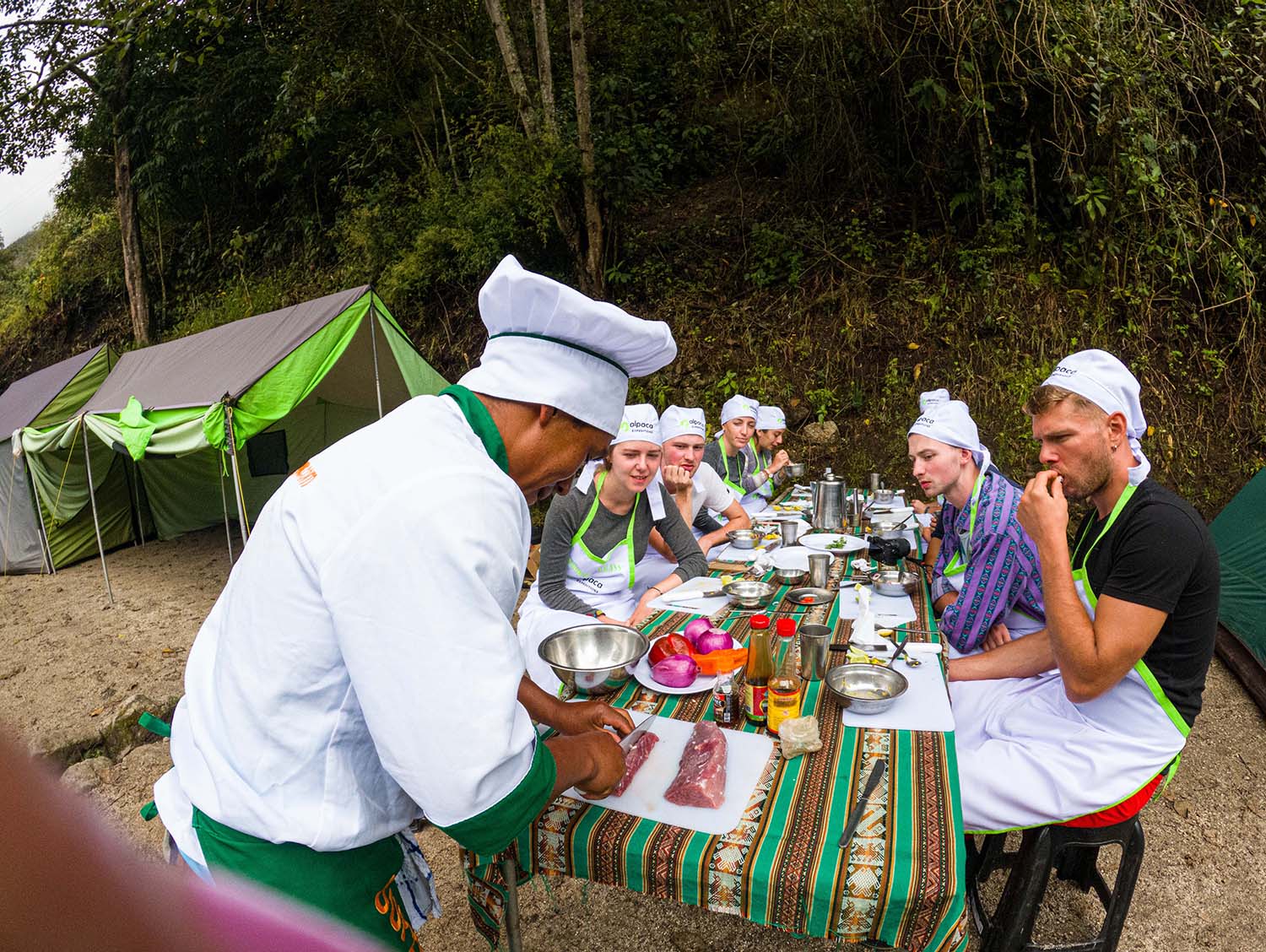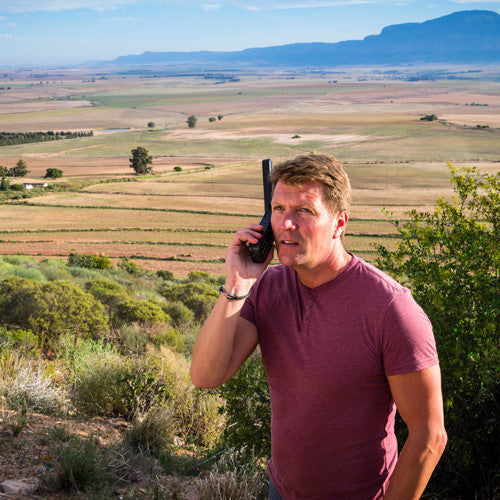Preserving the Rainforest: Ecotourism Practices in Cusco Jungle Tours
Nestled within the breathtaking landscapes of the Cusco jungle region lies a unique and biodiverse ecosystem, teeming with lush rainforests, vibrant wildlife, and pristine rivers. This verdant paradise is a source of awe-inspiring beauty and plays a crucial role in sustaining life on Earth, regulating climate patterns, and providing habitat for countless species.
In the face of mounting environmental threats such as deforestation and habitat destruction, preserving the biodiversity of the Cusco jungle has become an urgent imperative. This is where ecotourism emerges as a beacon of hope. By embracing the principles of sustainability, conservation, and responsible travel, ecotourism offers a pathway towards safeguarding the natural wonders of the Cusco jungle while enriching local communities’ lives.
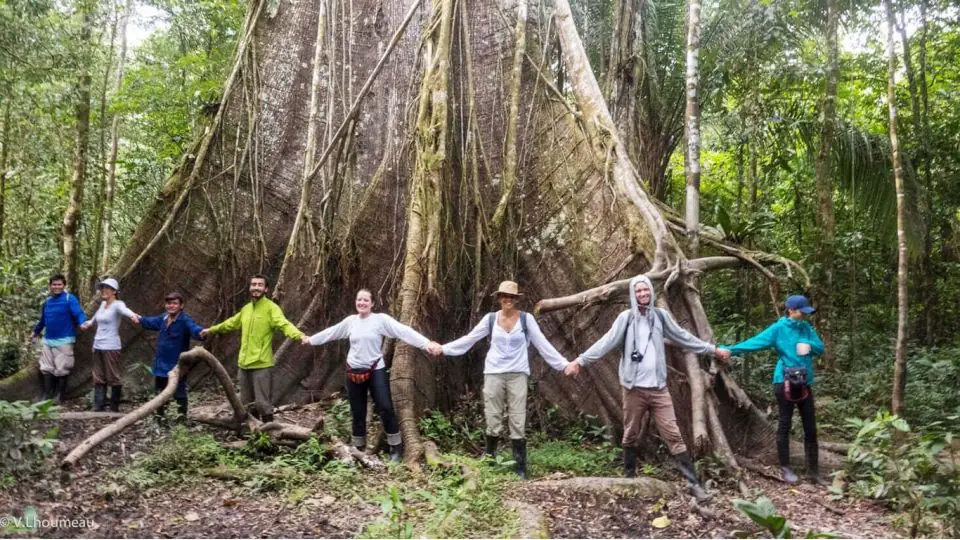
Through ecotourism, travellers can immerse themselves in the splendour of the Cusco jungle while actively contributing to its preservation. By choosing eco-friendly accommodations, supporting conservation initiatives, and engaging with local communities, visitors can make a meaningful difference in protecting this precious ecosystem for future generations.
Understanding the Cusco Jungle Ecosystem
The Cusco jungle, nestled within the Andes Mountains, boasts a remarkable diversity of flora and fauna, making it a vital component of Peru’s natural heritage. Its lush forests are home to many plant species, including towering trees, vibrant orchids, and medicinal herbs. Likewise, its rich fauna includes iconic species like jaguars, spectacled bears, and vibrant birdlife, contributing to its status as a biodiversity hotspot.
Beyond its biodiversity, the Cusco jungle plays a crucial role in global ecological systems. Its dense vegetation acts as a carbon sink, helping regulate the Earth’s climate and mitigate the impacts of climate change. Additionally, the rainforest provides essential ecosystem services such as water filtration, soil stabilization, and carbon sequestration, benefiting local communities and global ecosystems.

However, this precious ecosystem faces numerous threats, primarily driven by human activities. Deforestation, driven by logging, agriculture, and infrastructure development, poses a significant risk to the Cusco jungle’s biodiversity and ecological integrity. Habitat loss, fragmentation, and wildlife trafficking further exacerbate these challenges, jeopardizing the survival of numerous species and disrupting delicate ecological balance. Efforts to address these threats through conservation initiatives and sustainable practices are essential to safeguarding the Cusco jungle’s biodiversity and ensuring its long-term viability for future generations.
Principles of Ecotourism in Tours in Cusco:
In Cusco jungle tours, ecotourism principles are foundational to sustainable travel practices. Conservation is prioritized through initiatives to protect the region’s biodiversity, including reforestation efforts and wildlife conservation projects. Community engagement is fostered through partnerships with local indigenous communities, promoting cultural preservation and economic empowerment.
Education plays a crucial role in raising awareness among tourists about the fragile ecosystem of the Cusco jungle and the importance of conservation. Low-impact tourism activities are designed to minimize environmental impact, while sustainable accommodation options incorporate eco-friendly practices such as energy conservation and waste reduction. Emphasizing responsible behaviour, tourists are encouraged to respect wildlife, follow designated trails, and support local businesses.
By embracing these principles, Cusco Jungle Tours strives to ensure that visitors leave a positive impact on the environment and contribute to the long-term sustainability of this pristine ecosystem.
Conservation Efforts and Wildlife Protection
Conservation efforts in the Cusco jungle are diverse and multifaceted, aiming to protect the region’s rich biodiversity while promoting sustainable development. Reforestation projects actively restore degraded areas and create wildlife corridors to reconnect fragmented habitats. Wildlife sanctuaries provide crucial refuge for rescued and rehabilitated animals, while biodiversity monitoring programs track population trends and identify conservation priorities.
Ecotourism is vital in funding these conservation initiatives by generating revenue for local communities and providing incentives for protecting natural resources. Tourist contributions often support habitat restoration, wildlife research, and community-based conservation projects, fostering a symbiotic relationship between conservation and tourism.
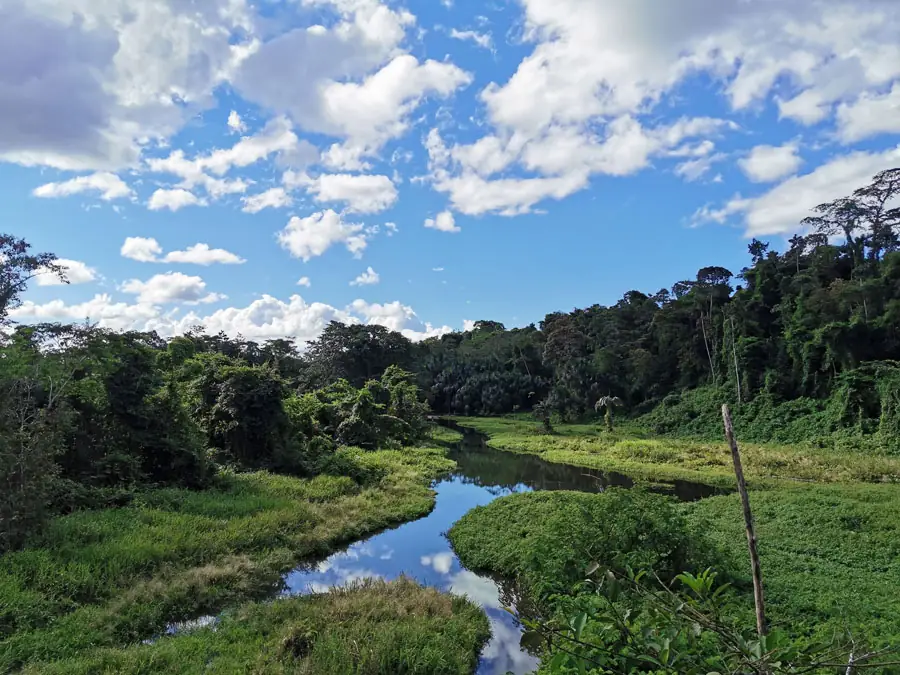
Successful wildlife protection projects, such as those focused on conserving iconic species like the jaguar, spectacled bear, and Andean cock-of-the-rock, demonstrate the positive impact of collaborative efforts in preserving endangered species and their habitats. By engaging tourists in these conservation efforts, ecotourism helps raise awareness, generate support, and secure a sustainable future for the Cusco jungle’s precious wildlife.
Community Engagement and Empowerment
Community engagement and empowerment are integral to sustainable tourism in the Cusco jungle. Community-based tourism initiatives aim to involve local communities in the tourism industry, empowering them to take ownership of their cultural heritage and natural resources. This often involves establishing community-owned ecotourism enterprises, such as cooperative lodges or guided tours, where residents directly benefit from tourism revenues.
Additionally, homestay programs offer visitors the opportunity to immerse themselves in local culture and traditions, fostering meaningful cultural exchanges and preserving indigenous knowledge. By actively participating in tourism activities, local communities gain access to economic opportunities while simultaneously safeguarding their cultural identity and strengthening social cohesion.
Ultimately, community engagement contributes to the sustainability of tourism and enhances the well-being and resilience of indigenous communities in the Cusco jungle.
Education and Awareness Building
Education and awareness building are crucial in promoting sustainable tourism practices and fostering a sense of responsibility among visitors to the Cusco jungle. By providing environmental education and raising awareness about the importance of conservation, ecotourism operators can empower travellers to make informed decisions and minimize their impact on the fragile ecosystem.
Integrating educational components into Cusco jungle tours is essential for creating meaningful experiences beyond sightseeing. Guided nature walks offer opportunities for tourists to learn about the unique flora and fauna of the rainforest while gaining an appreciation for its ecological significance. Interpretive talks led by knowledgeable guides provide insights into environmental issues such as deforestation, wildlife conservation, and sustainable resource management.
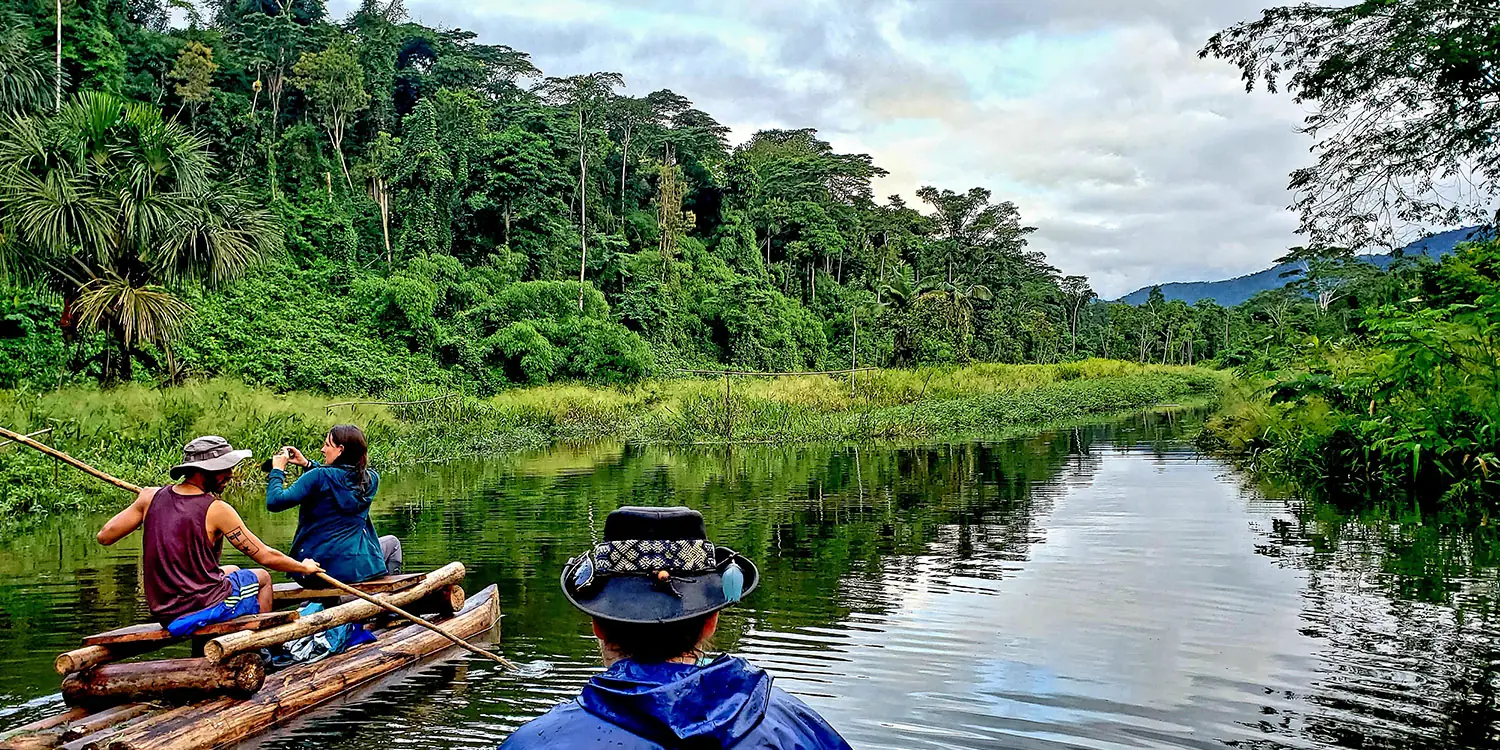
Visits to conservation centres further reinforce the importance of conservation efforts and allow tourists to witness firsthand the work being done to protect the Cusco jungle’s biodiversity. Ecotourism operators play a crucial role in facilitating these educational experiences, ensuring visitors leave with a deeper understanding of their environmental impact and a renewed commitment to conservation.
By promoting environmental literacy and fostering a sense of responsibility among visitors, ecotourism operators can inspire positive change and contribute to the long-term preservation of the Cusco jungle ecosystem. Through education and awareness building, tourists become advocates for conservation, ensuring that future generations can continue to enjoy the wonders of this biodiverse paradise.
Responsible Travel Practices for Visitors:
Respecting Wildlife: Visitors to the tours in Cusco jungle should prioritize wildlife conservation by observing animals from a respectful distance and avoiding any actions that could disturb their natural behaviours. This includes refraining from feeding wild animals, touching or approaching them too closely, and adhering to designated trails to minimize habitat disruption.
Minimizing Waste: Travelers can reduce their environmental impact by practising waste reduction techniques such as carrying reusable water bottles, avoiding single-use plastics, and properly disposing of trash in designated receptacles. Additionally, choosing eco-friendly products and packaging can help minimize waste generation during the trip.
Supporting Local Businesses: Travelers should prioritize supporting local communities by purchasing goods and services from locally owned businesses, including accommodations, restaurants, and souvenir shops. By investing in the local economy, visitors can contribute to the region’s sustainable development and empower community members to benefit from tourism responsibly.
Participating in Ecotourism Activities: Ecotourism activities promoting conservation and community development are crucial for responsible travel in the Cusco jungle. This could involve participating in guided nature walks led by trained local guides, visiting community-run conservation projects, or volunteering for wildlife monitoring and habitat restoration efforts.
Choosing Eco-Friendly Tour Operators and Accommodations: Travelers should research and select tour operators and accommodations prioritizing sustainability and environmental stewardship. This may include choosing operators certified by recognized ecotourism organizations, selecting accommodations with eco-friendly practices such as energy conservation and waste management, and opting for tours that prioritize low-impact activities and minimize carbon emissions.
By following these responsible travel practices, visitors can help preserve the Cusco jungle’s delicate ecosystem while supporting local communities’ sustainable development. Travelers need to recognize their role in minimizing their environmental footprint and contributing positively to the destinations they visit.
Conclusion:
In summary, ecotourism practices safeguard the Cusco jungle ecosystem and uplift local communities. By prioritizing conservation efforts, fostering community engagement, and promoting responsible travel behaviour, ecotourism ensures that the natural wonders of the Cusco jungle remain intact for future generations to enjoy.
Responsible travel is not just about minimizing environmental impact but actively contributing to sustainability and biodiversity conservation. Through eco-friendly tours and sustainable practices, travellers can become stewards of the environment, supporting initiatives that protect precious habitats and endangered species.
At Alpaca Expeditions, we are committed to offering eco-friendly and socially responsible tours that showcase the beauty of the Cusco jungle while preserving its fragile ecosystem. Every adventure with us is an opportunity to immerse yourself in nature, learn from local communities, and positively impact the environment.
So, whether you’re trekking through dense rainforests, spotting wildlife along winding rivers, or engaging with indigenous cultures, your journey with Alpaca Expeditions is more than just a vacation – it’s a meaningful contribution to protecting paradise for future generations. Join us in experiencing the wonders of the Cusco jungle in a way that respects, preserves, and celebrates the natural world. Your adventure awaits, and together, we can make a difference.
Alpaca Expeditions Recognitions
ISO (International Organization for Standardization)
In the pursuit to stand out from the rest, Alpaca Expeditions has obtained four ISOs plus our carbon footprint certificate to date. These achievements result from our efforts to implement the internationally-recognized integrated management system. They also represent our commitment to all of our clients and staff of operating sustainability and responsibility in every way possible.
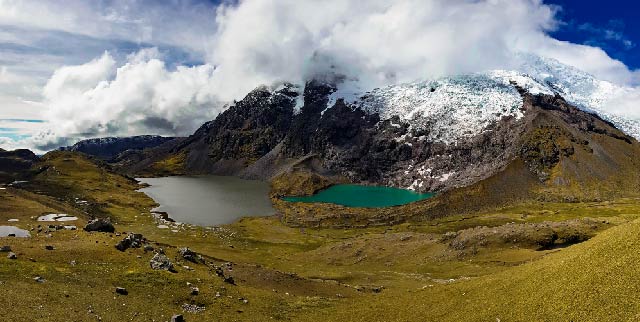

































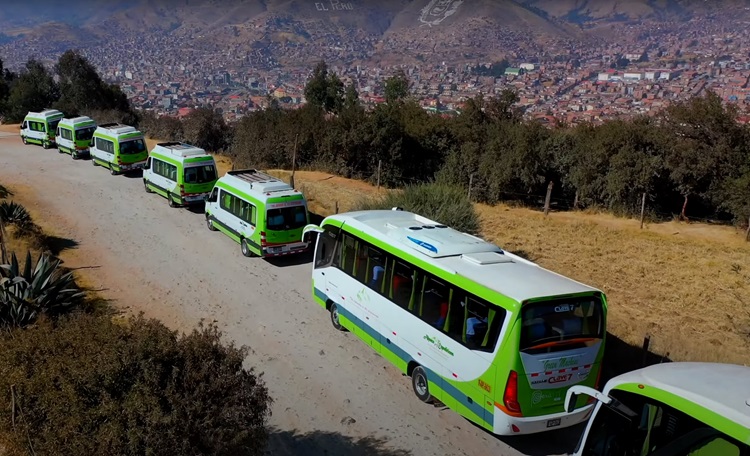
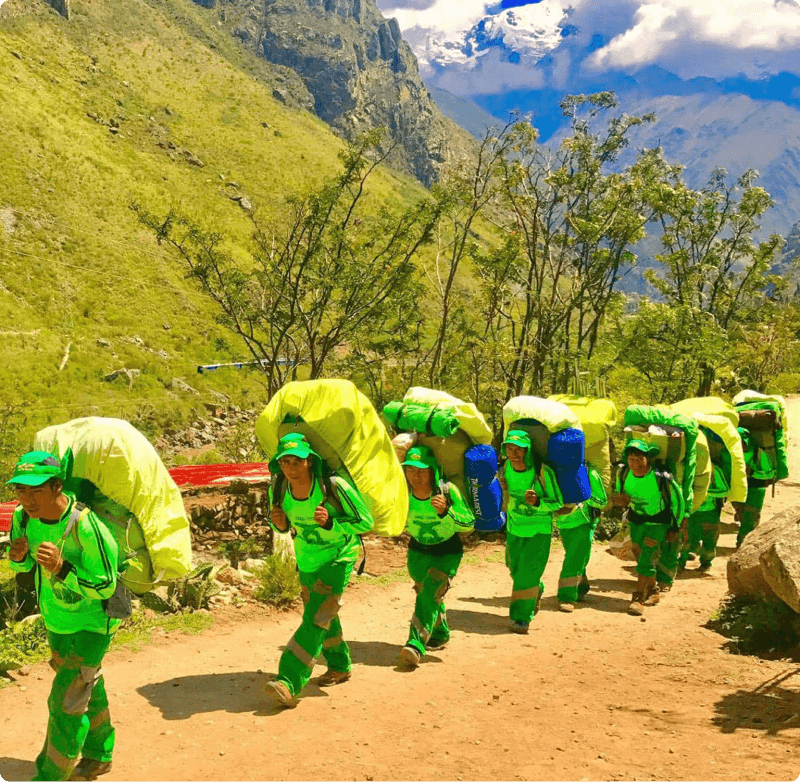 Porters will carry up to 7 kg of your personal items, which must include your sleeping bag and air mat (if you bring or rent one). From us, these two items weigh a combined total of 3.5 kg.
Porters will carry up to 7 kg of your personal items, which must include your sleeping bag and air mat (if you bring or rent one). From us, these two items weigh a combined total of 3.5 kg.